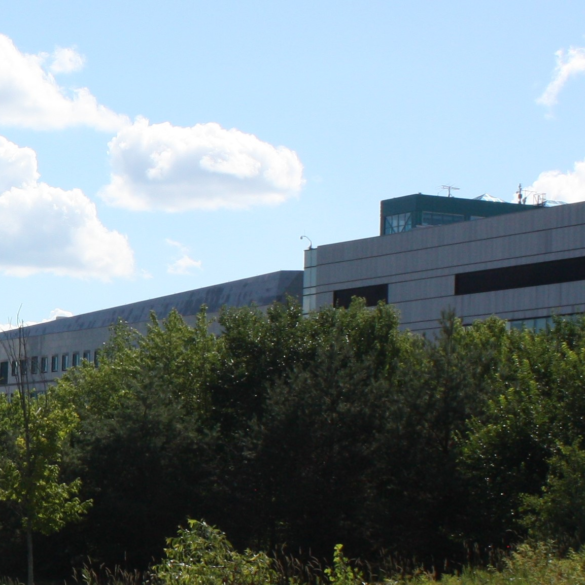The director of the Canadian Security Intelligence Service (CSIS) will testify at the Emergencies Act inquiry in the coming weeks that his agency did not consider the convoy protests of last winter a national security threat under the legislation that established the agency, according to a summary of his interview with the Public Order Emergency Commission.
“At no point did the Service assess that the protests in Ottawa or elsewhere [those referred to as the ‘Freedom Convoy’ and related protests and blockades in January-February 2022] constituted a threat to the security of Canada as defined by section 2 of the CSIS Act, and that CSIS cannot investigate activity constituting lawful protest,” says CSIS Director David Vigneault’s interview summary.
While indicating that the protests against COVID-19 restrictions didn’t meet CSIS’s threshold, Vigneault said defining a national security threat could be made under other unspecified criteria.
“The determination that something may not constitute a threat to national security under section 2 of the Act does not preclude a determination that a national security threat under a broader definition, or from the perspective of the public, does exist,” says the summary.
While Vigneault has yet to testify before the commission, his interview summary was presented to a witness on Nov. 14.
The document has not yet been made publicly available, but screenshots were captured from the commission’s webcast.
The screenshots indicate that Vigneault became aware that the Emergencies Act references section 2 of the CSIS Act when the federal government started to consider declaring an emergency more seriously between Feb. 10 and 13.
Based on that, he told his agency to produce a threat assessment on the risks associated to invoking the Emergencies Act.
“He felt an obligation to clearly convey the Service’s position that there did not exist a threat to the security of Canada as defined by the Service’s legal mandate,” says the interview summary.
CSIS assessed that the invocation would inflame anti-government sentiment.
Vigneault said that CSIS subjects of investigation had showed interest or participated in the convoy.
‘Interpretation’ Is ‘What Governs’
Vigneault’s interview summary was presented to former deputy minister of Public Safety Rob Stewart when he testified at the commission on Nov. 14.
Stewart, who was recently appointed as deputy minister of International Trade, was overseeing CSIS as part of his public safety portfolio last winter.
Brendan Miller, Freedom Corp counsel representing some convoy organizers at the inquiry, asked Stewart whether there had been any intelligence agency that provided information to the government that would meet a threat definition as considered by CSIS.
“So what agency gave you the evidence and the intelligence that said, ‘Hey, we have reasonable grounds of a section 2 CSIS Act threat?’ There wasn’t one was there?” he said.
“Nobody bringing advice to the table other than CSIS is assessing against that threat,” Stewart said.
“The cabinet is making that decision, and their interpretation of the law is what governs here … And their decision was evidently that the threshold was met.”
Stewart threaded carefully when asked whether he himself considered the events a national security threat.
“They were decided to be and adjudicated to be a national security threat, yes,” he said.
“Was that your own view,” asked Tom Curry, counsel for former Ottawa police chief Peter Sloly.
“I was very concerned about the possibility of physical and serious violence,” answered Stewart.
So far no evidence presented at the inquiry indicates that an intelligence or police agency assessed that the protests represented a threat to national security.
The intelligence unit of the Ontario Provincial Police (OPP) at one point assessed that there could be a “potential” threat to national security, but its head Superintendent Pat Morris told the commission on Oct. 19 he was not comfortable with that wording given CSIS’ position and that of RCMP’s Integrated National Security Enforcement Team.
RCMP Commissioner Brenda Lucki is set to testify before the commission on Nov. 15.
The commission is in its public hearings phase to gather information on the government’s invoking of the Emergencies Act in February to deal with cross-country blockades and protests demanding the lifting of COVID-19 restrictions.

